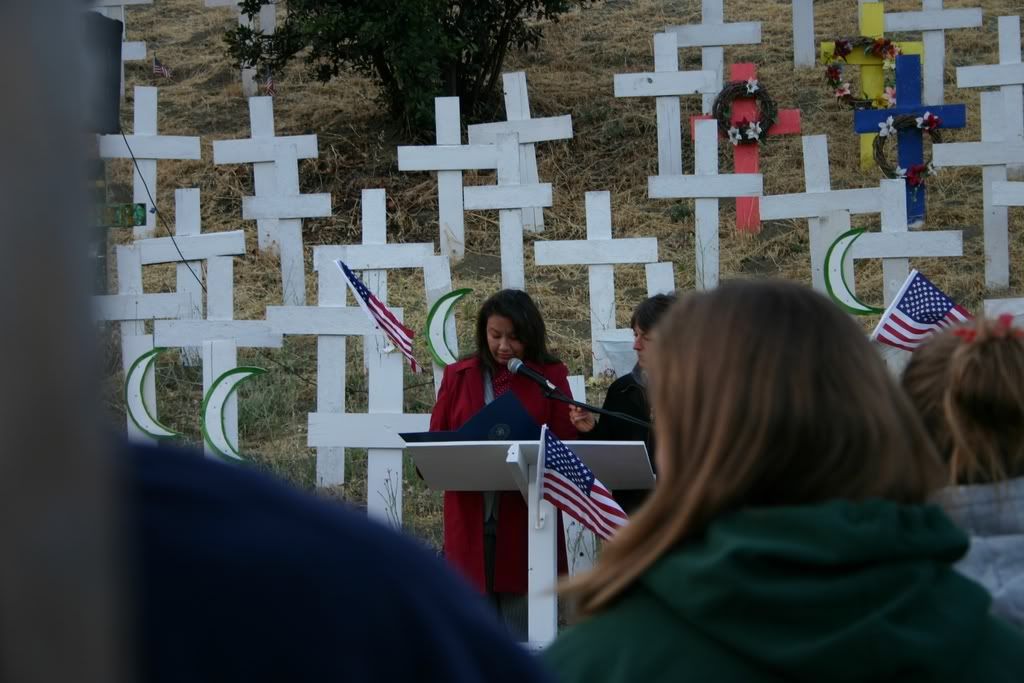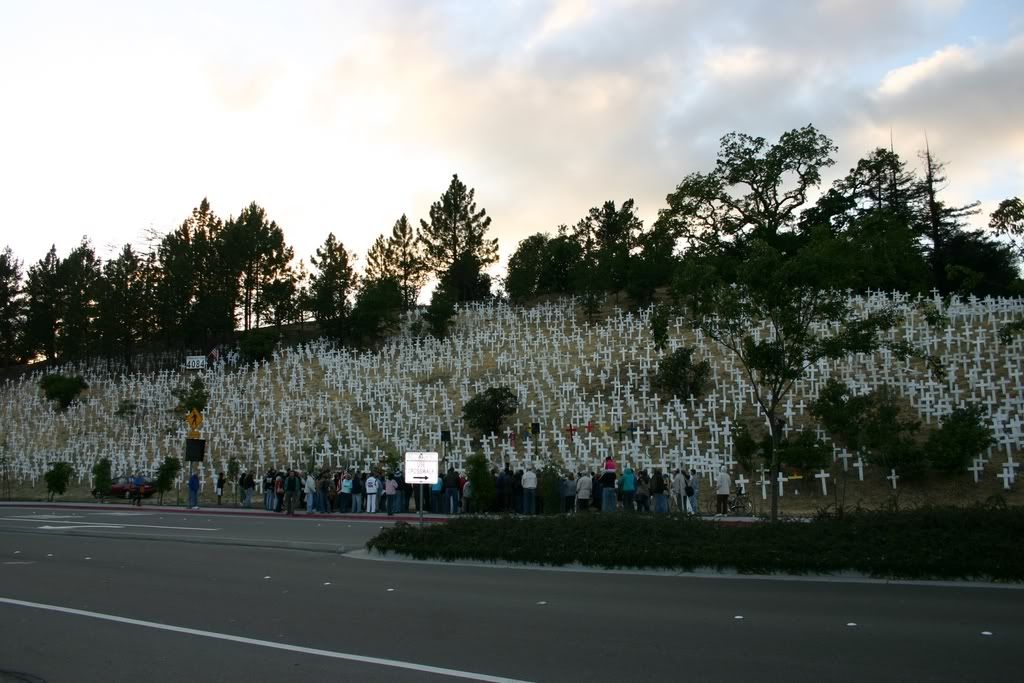Erica Solvig, reporter for The Desert Sun, in an article entitled “Outside funding inundates primary reports that special interests outside the CA 80th Assembly District have flooded the Coachella and Imperial Valleys with hate mail on behalf of Victor Manuel Perez. In fact, according to the Fair Political Practices Commission, Opportunity PAC has spent or plans to spend approximately $450,000 on hit pieces on behalf of Manuel Perez targeting the frontrunner Greg Pettis, Cathedral City Councilman and former Mayor Pro-Tem of Cathedral City. One has to wonder just what Opportunity PAC hopes to get in return for its investment should Perez be elected. One also has to wonder what the workers and their families in these AFL-CIO-labeled ‘rogue unions’ who typically make between $18,000 and $24,000 per annum might think about such expenditures by this PAC for a little-accomplished candidate on behalf of them.
Voters across the District also report receiving repeated live phone calls purported to be from the Pettis campaign at all hours of the day and night but that are clearly not from the Pettis campaign. This is an apparent attempt on the part of special interests to suppress voter turnout in areas of Pettis strength in the District.’ The Pettis campaign has received ‘many’ reports on these harassing phone calls.
More below the flip…
Solvig writes:
Just a day after candidates filed their last big pre-primary campaign finance reports, Cathedral City Councilman Greg Pettis’ camp criticized Manuel Perez and what they’re calling a “special interest hijacking” of the 80th Assembly Democratic primary.
Perez late Thursday reported that he spent about $85,000 during March 18 to May 17, leaving the Coachella Valley Unified School District trustee with $39,924 cash on hand and roughly $27,000 in outstanding debt.
Less than $12,000 of his expenses are for literature, postal needs and campaign paraphernalia, according to the report he filed with the state.
Compare that to the amount of independent expenditures outside agencies (who cannot coordinate with the campaigns) are spending.
Opportunity PAC, a group of educators and health-care workers, has spent $233,335 campaigning in support of Perez and another $133,326 opposing Pettis, according to the California Fair Political Practices Commission.
The Strengthening Our Lives through Education group has spent $31,388 touting Perez.
“Instead of being an adjunct to the camp, it has become a defacto campaign,” Pettis’ campaign consultant Michael Grossman said.
Not that Perez is immune to outside attacks. The Desert Stonewall Democrats, which has endorsed Pettis, has spent $21,437 in opposition to Perez.
From early on in the campaign, the Perez campaign has engaged in divisive, intimidating campaign practices. Perez and his staff and bloggers have attempted to pit the East Valley and Imperial County against the West Valley. Soyinkafan refers to the ‘West Valley elite,’ code words for the Whites and LGBT community in the West Valley versus those in the East and Imperial Valleys. Other obvious interpretations include attempting to differentiate between the more well-to-do ‘West Valley elite’ versus the less-well-to-do East Valley residents.
Perez himself lowered the bar when in his opening remarks to local Democratic clubs he referred to himself as ‘not a member of an Alternative Lifestyle.’ Clearly code words for not being gay and an attempt to appeal to baser instincts. After months of vacilation, Perez also finally committed to vote in favor of Marriage Equality if elected to the State Assembly, after equivocating before Democratic clubs and community groups. However, while stating his support for ‘gay rights and gay marriage,’ in the East Valley and Imperial Valleys, more conservative portions of the District, Perez and his handlers conduct ‘whispering’ campaigns against Pettis as being openly-gay and a supporter of the ‘gay agenda’ (sources, a Republican elected and a Democrat elected in the District).
Now, the hate mailers and harassing, live calls from special interest stealth campaign that clearly support Pettis’ opposition. Perez lacks the support in the District that would translate in boots-to-the-ground and monies from voters in the Coachella and Imperial Valleys from outside the Valleys. Every single Democratic Club in the District voted to endorse Pettis for 80th Assembly District. Not a single Democratic Club supports Perez campaign because of his relative lack of governmental and administrative experience, because of the derth of achievement in his area of ‘expertise,’ education, with the failures of the Coachella Valley Unified School District and the sanctions levied by the California Department of Education, and his veiled homophobia and divisive campaign. The Desert Hot Springs Democratic Club, the Desert Stonewall Democratic Club, the Inland Stonewall Democratic Club, the Palm Springs Democratic Club, the San Diego Democratic Club, and the San Diego Democratic Women’s Club have all endorsed Pettis for 80th AD.
Perez also lacks support from electeds and activists in the District, with every single current elected in Palm Springs, Cathedral City, Desert Hot Springs, and Rancho Mirage who has endorsed supporting Pettis’ candidacy. Cathedral City Councilmember and Candidate for Cathedral City Mayor Paul Marchand, Cathedral City Clerk Pat Hammers, Desert Hot Springs City Councilmember Karl Baker, Palm Springs Mayor Pro-Tem Ginny Foat, Palm Springs City Councilmember Rick Hutcheson, and Palm Springs Unified School District Trustee Meredy Schoenberger.
Other electeds and candidates supporting Pettis based on his ability to deliver, his experience, and his ‘go-to’ abilities include Candidate for the 45th Congressional District Paul Clay, Candidate for the 45th Congressional District Dave Hunsicker, former Brawley Mayor Orbie Hanks, former Cathedral City Councilmember Sarah Digradi, former Coachella Mayor Juan DeLara, Juliet DeLara, and Olivia DeLara, Coachella City Councilmember Gilbert Ramirez, Jr., El Centro Councilmember Sedalia Sanders, El Centro School Board Trustee Diane Newton, Office of Neighborhood Involvement Boardmember and former-Candidate for the Palm Springs City Council John Williams, Candidate for Palm Springs Unified School District Greg Rodriguez, former Rancho Mirage Councilmember Jeanne Parrish, co-founder of the Palm Springs Democratic Club Lisa Arbelaez, Desert Hot Springs Democratic Club President Will Pieper, Desert Hot Springs Democratic Club Vice-President Chuck McDaniel, Desert Stonewall Democratic Club President George Zander, Desert Stonewall Democratic Club Vice-President Roger Tansey, Desert Stonewall Democratic Club Treasurer Bob Silverman, Desert Stonewall Democratic Club Secretary James Reynolds, Desert Stonewall Democratic Club Steering Committee Members Ruth Debra, Donald W. Grimm, Ph.D., Hono Hildner, Bob Mahlowitz, Robert Lee Thomas, and Lynn Worley, Desert Stonewall Democratic Club activist Bill Cain-Gonzalez, Palm Springs Democratic Club Co-Chair Sandy Eldridge, Palm Springs Democratic Club Co-Chair David Pye, Palm Springs Democratic Club Secretary Peter East, Pass Democratic Club President Jacqueline Atwood, Pass Democratic Club Vice-President Betty McMillion, Pass Democratic Club Treasurer Robert Atwood, Pass Democratic Club Recording Secretary David Knight, Riverside County Democratic Central Committee Alternate and former-Candidate for Palm Springs Unified School District Trustee Kira Klatchko, and Sun City Democratic Club President Arnie Kaminsky.
Perez also has little support amongst the tribes with Pettis having the endorsements of Morongo Band of Mission Indians Vice Chair and former-Candidate for the 80th AD Mary Ann Andreas and Pechanga Band of Lisueno Mission Indians Vice Chairman Andrew Maisel. Pettis’ support with the local tribes is especially remarkable since Pettis has been able to bring together into one campaign the local unions as well as the tribes. The tribes particularly despise the AFL-CIO-labeled ‘roge union’ providing a vast majority of Perez grey monies.
Race, class, and sexual orientation have dominated the subtext of the Perez campaign, especially in the blogosphere, creating division between communities that Pettis has worked hard over the course of more than 13 years to eliminate. Pettis has been able to bring together the Latino and LGBT communities as evidenced by his endorsements and his support amongst the ‘West Valley elite’ and the East Valley and Imperial County working class families. His ability to unify peoples is greatly evidenced in his ability to run for and win three times as Councilmember in Cathedral City, a city with a population including 58% ethnic and racial minorities. Pettis three times was able to win with overwhelming support in the local Latino, Asian, and African-American communities as well as in the LGBT communities in Cathedral City.
It is time for the Perez campaign to cease its hate speech and innuendos. It is time for the Opportunity PAC hit pieces to cease. It is time for the 80th AD campaign to focus on the issues: the economy, the environment, and education. Unfortunately for the Perez campaign, these are all issues where Pettis has demonstrated strength and success and where Perez either has little or no experience or has failed miserably (e.g., education and the State sanctions against his CVUSD).

 Wes Clark will be joining a Democrats Work community service project this summer, and Democrats Work and WesPAC are running a contest to decide who will
Wes Clark will be joining a Democrats Work community service project this summer, and Democrats Work and WesPAC are running a contest to decide who will 




